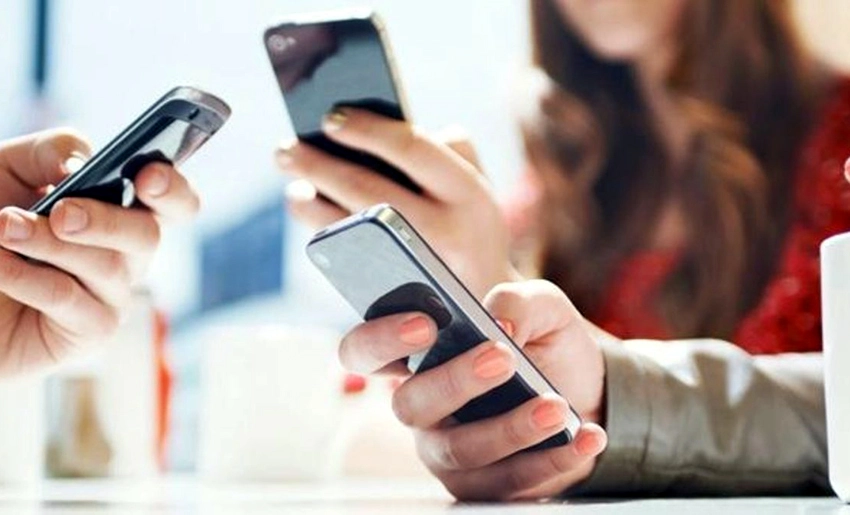In recent years, we have witnessed a radical transformation in the way we live, communicate, and relate to the world. A small and seemingly harmless object, the mobile phone, has taken on a central role in our lives.
We carry it everywhere—to work, to the bathroom, to bed. It accompanies us at the table while we eat, and is often the first thing we check when we wake up and the last thing we see before we go to sleep. But life seems to end when, for some reason, that device is not with us.
It is increasingly common to experience profound discomfort when without a cell phone, even for brief periods. Researchers of this phenomenon have given it a name: nomophobia, an abbreviation for “no-mobile-phone-phobia.” Although it is not yet officially recognized as a psychological disorder. It describes a very present reality: the irrational fear of being disconnected.
But where does this anxiety come from? To understand this, it’s necessary to recognize that smartphones are no longer simple communication tools but, in many cases, an extension of our identity.
On our phones, we store photos, memories, conversations, contacts, commitments, news, entertainment, and social media. They inform us, validate us, entertain us, and often give us a false sense of constant companionship. Being without them is equivalent, for some people, to a feeling of emptiness or loss.
This type of distress can manifest itself with physical symptoms such as sweating, nervousness, labored breathing, or irritability. It can also affect sleep, concentration, or mood. But beyond the individual symptom, the underlying question is: why have we become so dependent on them?
There’s a neurological explanation: every time we receive a notification, a “Like,” or a message, our brain releases dopamine, a neurotransmitter linked to pleasure. This generates a feeling of immediate reward, which over time can generate a constant need for stimulation. Hence, we compulsively check our phones, even without any new alerts.
The good news is that we can become aware and begin to regain control. It’s not about demonizing technology, but rather learning to live with it in a healthy way. We can establish times of the day when disconnecting is part of our routine: leaving our cell phones out of the bedroom, having screen-free time during meals, and engaging in activities that don’t involve devices. Such as reading, walking, or simply having face-to-face conversations.
It would also be a good idea to review our habits: Do I really need to check my phone every five minutes? What am I looking for when I cling to it? Information, companionship, validation? These questions can be a good starting point for building a more balanced relationship with technology.
Ultimately, living without a cell phone for a while shouldn’t be a cause for anxiety. But rather an opportunity to reconnect with ourselves, others, and our surroundings. Silence and pause are also forms of well-being. It’s not about completely removing ourselves from the digital world, but rather ensuring that, at the end of the day, we are the ones using it and not the other way around.
By: Aniel Santiesteban García
Translated by Aliani Rojas Fernandez
- Russia Calls for Preserving Peace in Latin America - 20 de November de 2025
- Ministry of Public Health Strengthens Actions Against the Chikungunya - 20 de November de 2025
- China Awards Cuba as Partner Destination for the Cultural Heritage - 20 de November de 2025

